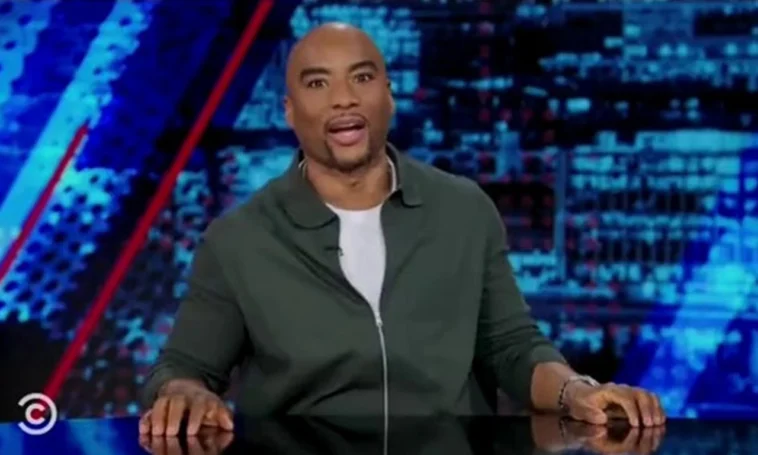Charlamagne tha God slams workplace DEI initiatives: ‘Mostly worthless’.
“Here’s the part where you all stop applauding everything I say. The truth about DEI is that, although it’s well-intentioned, it’s mostly garbage. Okay?” he told the audience during a monologue on Wednesday’s “The Daily Show.”
His assertion that DEI programs, while well-intentioned, are “mostly garbage” has sparked widespread debate and reflection within corporate and social spheres alike.
Central to Charlamagne’s critique is the notion that DEI initiatives often fall short of their intended goals. He highlights studies purportedly showing that these programs have backfired, creating worse work environments for Black employees. This challenges the prevailing narrative that DEI measures inherently lead to improved workplace diversity and inclusivity.
Instead, Charlamagne suggests that the proliferation of DEI programs has been accompanied by a stagnation in the representation of Black individuals in positions of power within corporations—a glaring indication that progress remains elusive.
Moreover, Charlamagne contends that the surge in DEI positions following the social justice movement spurred by the death of George Floyd in 2020 has not translated into substantive change. Instead, he asserts that these initiatives have been more about shielding companies from criticism than fostering genuine diversity and inclusion. By likening DEI efforts to the “Black ‘Little Mermaid,'” Charlamagne poignantly illustrates how symbolic gestures of inclusivity may mask deeper systemic issues without effecting meaningful transformation.
One of Charlamagne’s most scathing indictments of DEI programs is their instrumentalization as legal shields for corporations. He argues that companies may leverage the mere existence of DEI initiatives as evidence of their commitment to diversity, regardless of their efficacy. This cynical exploitation of DEI for legal protection underscores a fundamental misalignment between corporate interests and genuine social progress. In essence, Charlamagne suggests that DEI programs have become a form of performative activism—a superficial façade that obscures systemic inequities rather than addressing them.
Charlamagne’s call for genuine DEI to emanate from Black leadership underscores a critical point: meaningful change requires representation and empowerment from within marginalized communities. By placing the onus on Black leaders to drive DEI efforts, he challenges the prevailing narrative that diversity initiatives can be effectively implemented from the top-down. Instead, he advocates for a bottom-up approach that prioritizes the voices and experiences of those most affected by systemic inequities.
Furthermore, Charlamagne’s assertion that the effectiveness of DEI efforts can be gauged by the reaction of right-wing media underscores the polarizing nature of discussions surrounding diversity and inclusion. The fact that progress in this realm is met with resistance and backlash from certain quarters highlights the deeply entrenched nature of systemic racism and discrimination. By monitoring these reactions, Charlamagne suggests that meaningful strides towards DEI can be identified, providing a barometer for measuring progress in the fight against inequality.
Charlamagne’s reputation as a vocal critic of political hypocrisy lends credibility to his critique of DEI efforts. His willingness to hold both President Biden and former President Trump accountable reflects a commitment to principles rather than partisan allegiance. By challenging the status quo and interrogating the efficacy of DEI initiatives, Charlamagne embodies the role of a social commentator who seeks to provoke thought and incite meaningful change.






One Comment
Leave a ReplyOne Ping
Pingback:Al Roker Sued for ignoring DEI at his firm - Hard Knock News
Join the Community and Be a Part of the Conversation
You must be logged in or registered to post a comment.